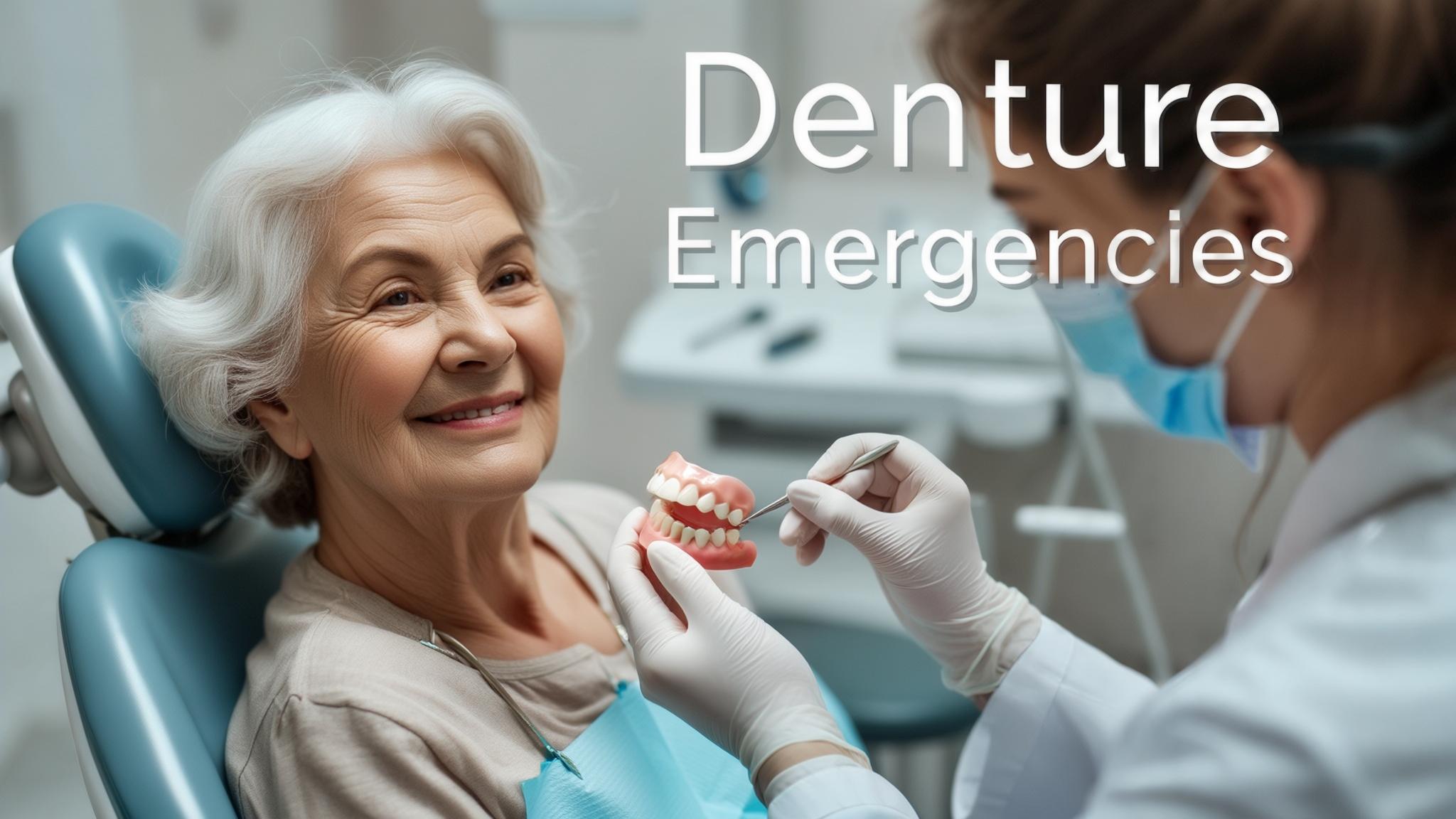Understanding Dentures and Partials
Dentures and partials are vital dental prosthetics that help restore the function and appearance of missing teeth. Dentures are complete sets of artificial teeth designed to replace all teeth in the upper or lower jaw. In contrast, partials fill in gaps where some natural teeth remain. These prosthetics are essential not only for aesthetics but also for chewing, speaking, and maintaining the structure of the mouth.
Given their importance, it's crucial to know what to do when these prosthetics break. This article will guide you through handling emergencies involving broken dentures or partials, offering practical advice and preventive tips.
Common Causes of Broken Dentures or Partials
Accidental drops or impacts are among the most common reasons dentures break. Dropping them on a hard surface can cause cracks or even breakage. Normal wear and tear also contribute over time, as chewing and daily use stress the materials.
Improper fitting or adjustments can lead to undue pressure on certain areas, increasing the risk of damage. Additionally, material fatigue occurs naturally as dentures age, making them more susceptible to breakage. Understanding these causes can help in taking preventive steps and recognizing the need for timely repairs.
Immediate Steps to Take When Dentures or Partials Break
When you discover a break, the first step is assessing the damage. Look for cracks, missing pieces, or any signs that the denture is no longer functional. Next, clean the broken pieces by rinsing them with water, but avoid hot water as it can warp the material.
It's important to avoid using superglue or household adhesives. These substances can damage the denture further and are not safe for oral use. Instead, seek a professional repair to ensure the prosthetic is restored correctly and safely.
Interim Solutions for Broken Dentures or Partials
While waiting for a professional repair, consider temporary adhesive options like over-the-counter denture adhesives. These can help hold the denture together temporarily. Follow the instructions carefully to use them safely.
Adjust your eating habits by opting for soft foods and avoiding hard or sticky items that could exacerbate the damage. Additionally, communicate with family and friends about your situation to manage social interactions until your denture is repaired.
Repair Tips for Dentures or Partials
Knowing when to seek professional help is crucial. If your denture has sharp edges, is causing discomfort, or is non-functional, see a dentist immediately. Timely repairs prevent further damage and ensure your denture functions properly.
Dentists can perform various types of repairs, such as replacing missing teeth or fixing cracks. While DIY repair kits are available, they come with pros and cons. They might be suitable for temporary fixes, but professional repairs are always recommended for long-term solutions.
Preventive Measures to Avoid Future Breaks
To prevent future breaks, practice proper handling and storage. Store dentures in a safe place when not in use and handle them with care. Regular dental check-ups are essential to ensure your dentures fit well and remain in good condition.
Adopt a consistent maintenance routine. Clean your dentures daily and avoid harmful substances that could weaken them. These preventive measures will help extend the life of your dentures and reduce the likelihood of emergencies.
Conclusion
In conclusion, understanding how to handle broken dentures or partials is key to maintaining oral health. Remember to seek professional help for repairs and follow preventive measures to keep your dentures in top condition. With the right care, you can ensure your prosthetics serve you well for years to come.
References
- American Dental Association
- Mayo Clinic on Denture Care
- Further reading: "Complete Denture Prosthodontics" by John Beumer

